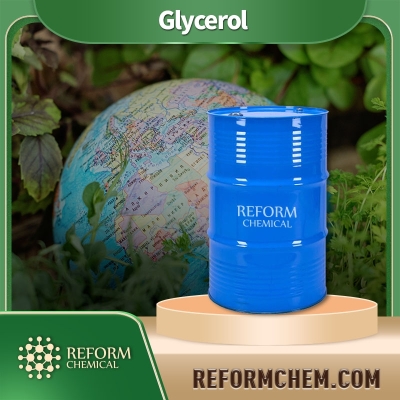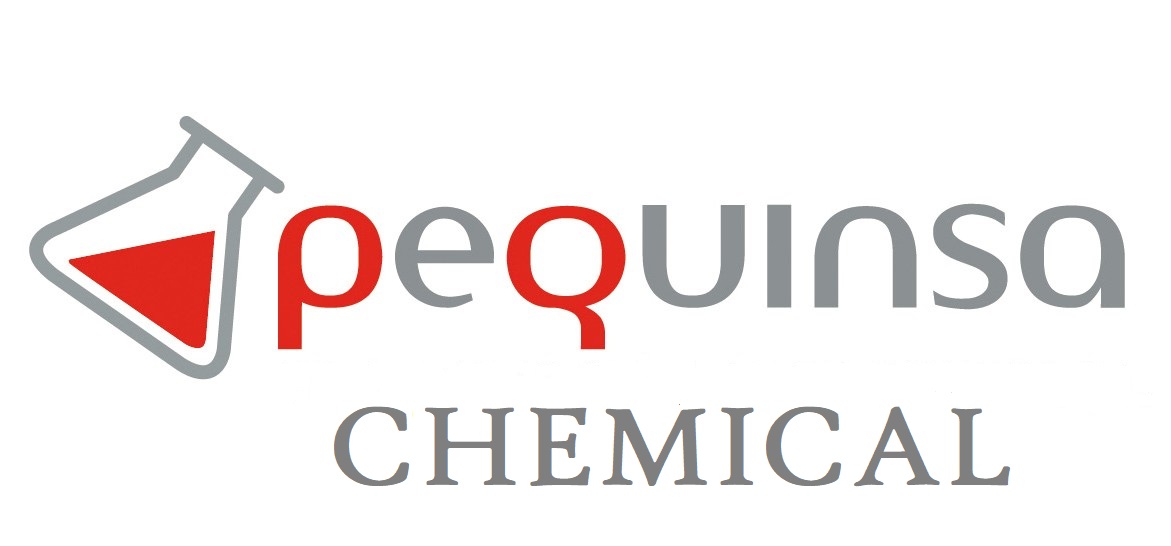-
Categories
-
Pharmaceutical Intermediates
-
Active Pharmaceutical Ingredients
-
Food Additives
- Industrial Coatings
- Agrochemicals
- Dyes and Pigments
- Surfactant
- Flavors and Fragrances
- Chemical Reagents
- Catalyst and Auxiliary
- Natural Products
- Inorganic Chemistry
-
Organic Chemistry
-
Biochemical Engineering
- Analytical Chemistry
-
Cosmetic Ingredient
- Water Treatment Chemical
-
Pharmaceutical Intermediates
Promotion
ECHEMI Mall
Wholesale
Weekly Price
Exhibition
News
-
Trade Service
Dolasetron mesylate is an antiemetic medication used to prevent nausea and vomiting in patients undergoing cancer chemotherapy or radiation therapy.
It belongs to a class of drugs known as serotonin (5-HT3) receptor antagonists, which work by blocking the action of serotonin on the 5-HT3 receptors in the brain and central nervous system.
In the chemical industry, the production and supply chain of pharmaceutical products like Dolasetron mesylate involve several stages, from the sourcing of raw materials to the final packaging and distribution of the finished product.
The upstream and downstream products of Dolasetron mesylate are essential components of this process, and each stage requires careful attention to ensure the quality and efficacy of the final product.
Upstream Products
The upstream products of Dolasetron mesylate include the raw materials and intermediates used in its synthesis.
The key raw materials used in the production of Dolasetron mesylate are diethyl amino ethanol, methyl terbutyl ether, and sodium methoxide.
These materials must be of high purity and quality to ensure that the final product meets the necessary standards for efficacy and safety.
In addition to the raw materials, the upstream products also include the various chemical reactions and processes that occur during the synthesis of Dolasetron mesylate.
These reactions involve the transformation of the raw materials into intermediate compounds, which are then further transformed into the final product.
Downstream Products
The downstream products of Dolasetron mesylate include the finished dosage forms and formulations that are ready for distribution and administration to patients.
These products are formulated in various strengths and dosage forms, such as tablets, capsules, and injection solutions, to meet the specific needs of patients undergoing cancer treatment.
In addition to the finished dosage forms, the downstream products also include the packaging and labeling materials used for the storage and distribution of the product.
These materials must comply with relevant regulations and guidelines to ensure the safety and efficacy of the product during storage and transport.
Challenges and Opportunities
The production and supply chain of Dolasetron mesylate presents several challenges and opportunities for the chemical industry.
One of the key challenges is the sourcing of high-quality raw materials and intermediates, as well as the optimization of the synthesis process to ensure that the final product meets the necessary standards for efficacy and safety.
Another challenge is the regulation of the production and distribution of pharmaceutical products, which requires strict adherence to guidelines and standards set by regulatory authorities.
This includes the labeling and packaging of the product, as well as the storage and transport conditions.
There are also opportunities for innovation and improvement in the production and supply chain of Dolasetron mesylate.
One such opportunity is the development of new and more efficient synthesis processes, which can reduce the cost and time required for the production of the drug.
Another opportunity is the use of advanced technology, such as machine learning and artificial intelligence, to optimize the production process and ensure consistent quality of the final product.
Conclusion
In conclusion, the upstream and downstream products of Dolasetron mesylate are essential components of the chemical industry that are involved in the production and supply chain of pharmaceutical products.
The synthesis of Dolasetron mesylate involves various chemical reactions and processes, and the finished dosage forms are formulated in various strengths and dosage forms to meet the specific needs of patients undergoing cancer treatment.
The production and supply chain of Dolasetron mesylate presents several challenges and opportunities for the chemical industry, including the sourcing of high-quality raw materials, the regulation of the production and distribution of pharmaceutical products, and the use of innovation and advanced technology to optimize the production process and ensure consistent quality of the final product.







